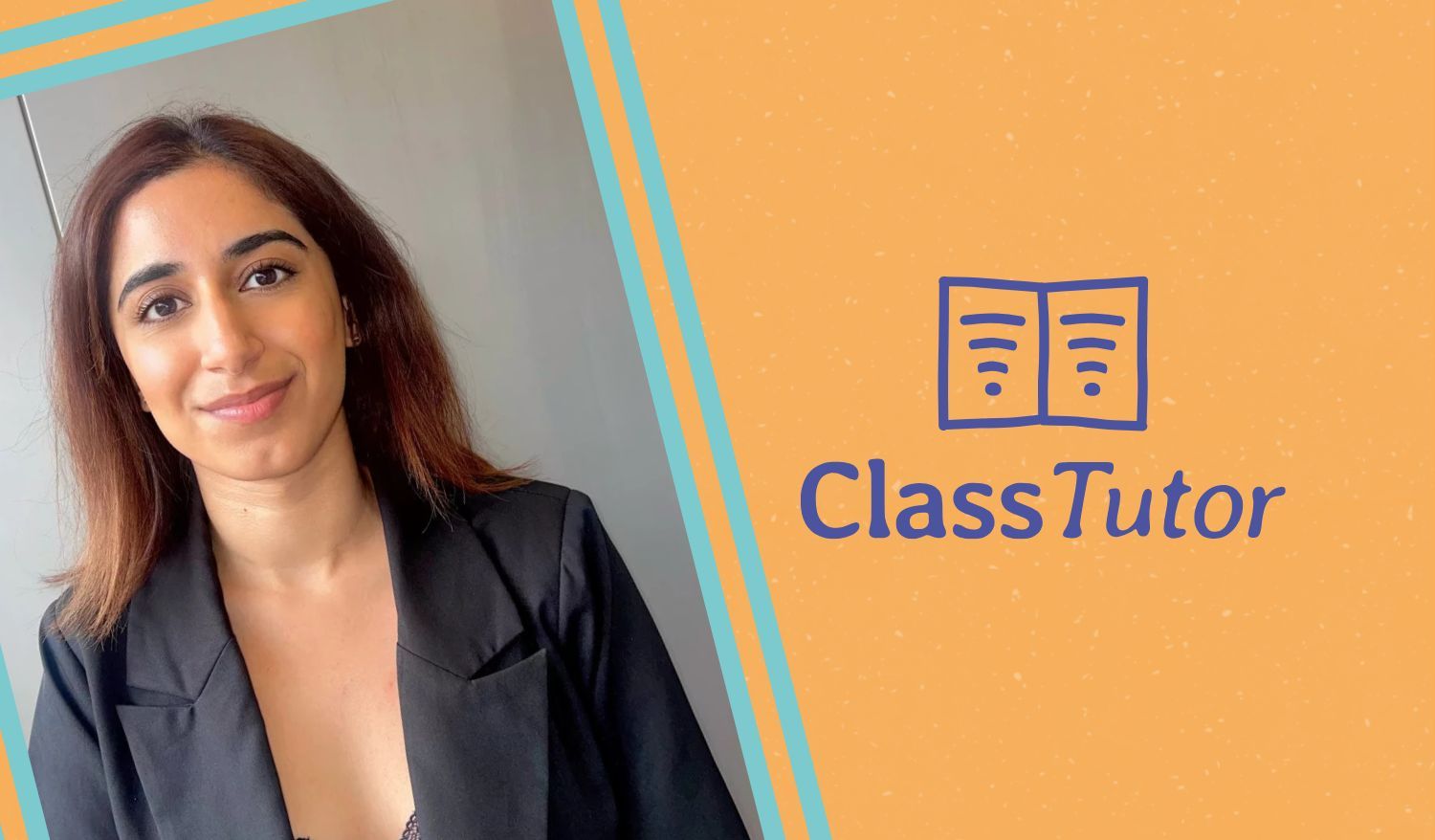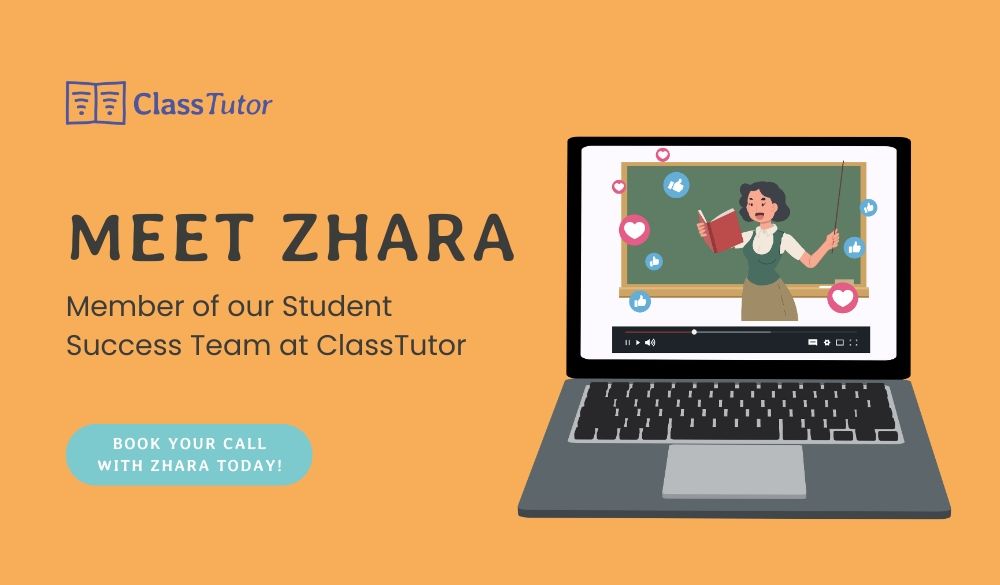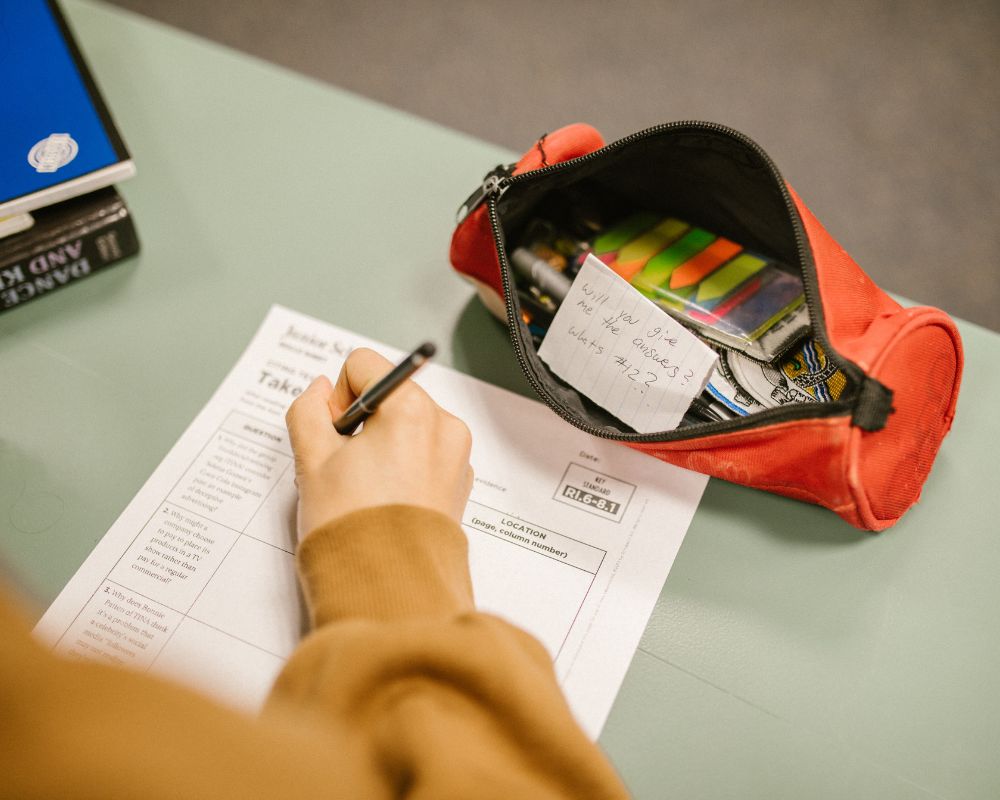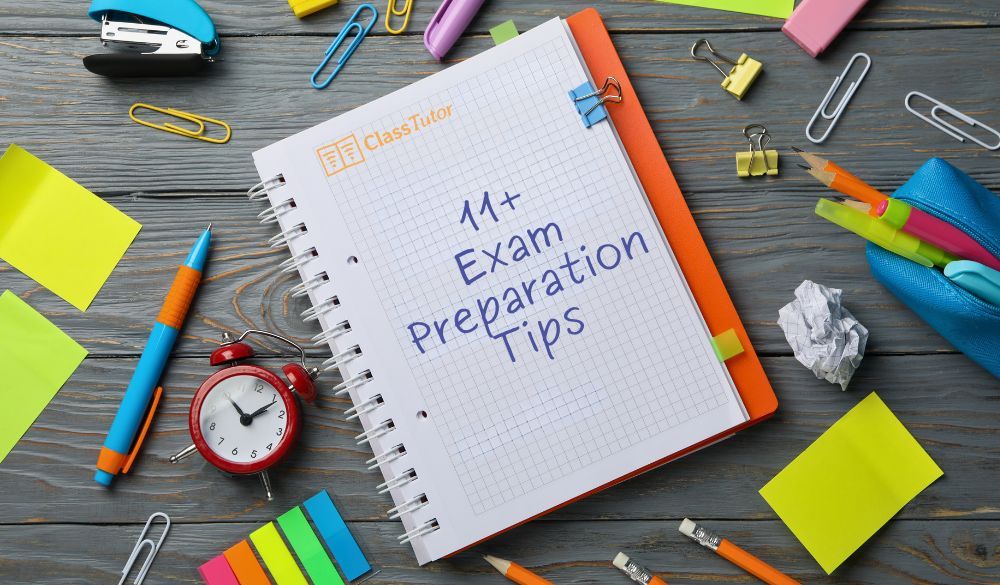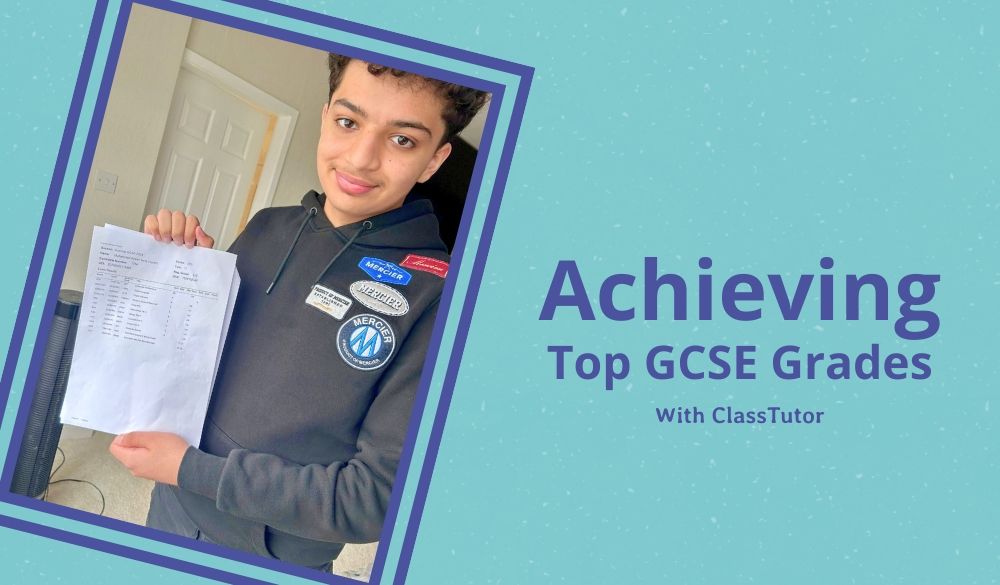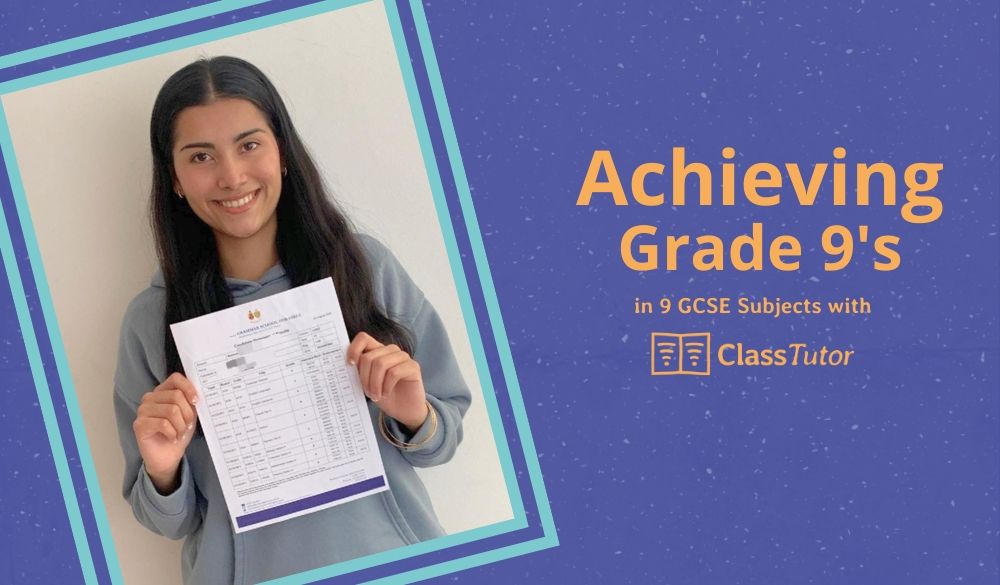What to Do When Your Child Keeps “Forgetting” Their Homework
Introduction: When “I Forgot” Becomes a Nightly Battle
It’s 8pm on a Sunday evening. You ask your child if they’ve done their maths homework. They look at you with genuine surprise: “Oh. I forgot.”
If this scene feels familiar, you’re far from alone. Homework avoidance is one of the most common sources of conflict between parents and children, particularly when it comes to maths and science. The nightly battle of wills—the nagging, the excuses, the last-minute panic—can leave everyone exhausted and frustrated.
But here’s the thing: when a child repeatedly “forgets” their homework, the forgetting is rarely the real problem. It’s usually a symptom of something deeper—anxiety, confusion, boredom, or simply a lack of the organisational skills that adults take for granted.
Understanding why your child avoids homework is the first step toward actually solving the problem—rather than just fighting about it.
This article will help you identify what’s really going on, give you practical strategies to address the root cause, and show you how the right tools and routines can transform homework from a battleground into something manageable—perhaps even productive.
We’ll also look at how platforms like ClassTutor, which combines online tutoring with auto marked homework, can support children who struggle with homework completion by reducing anxiety, providing structure, and giving parents visibility without requiring them to hover over every question.
Common Reasons Children Avoid or “Forget” Homework
Before you can fix the problem, you need to understand it. Children avoid homework for many different reasons, and the solution that works for one child may be completely wrong for another.
Let’s look at the most common causes—and how to spot which one might be affecting your child.
Anxiety About Getting Things Wrong
For many children, particularly in maths and science, homework feels high-stakes. Every question is an opportunity to fail, to confirm their fear that they’re “just not good at this.” The blank page feels threatening. The thought of getting things wrong—and having to show that to a teacher or parent—creates genuine anxiety.
Avoidance becomes a coping mechanism. If they don’t try, they can’t fail. If they “forget,” they don’t have to face that uncomfortable feeling of not knowing the answer.
These children often have a fixed mindset about their abilities. They believe that being good at maths or science is something you either are or aren’t—and they’ve decided they aren’t. Every piece of homework feels like further proof of this belief.
Feeling Overwhelmed or Lost
Sometimes children genuinely don’t understand the topic well enough to complete the homework. They sat through the lesson, perhaps nodded along, but the concepts didn’t really land. Now they’re staring at questions they don’t know how to approach.
Rather than admitting this—which feels embarrassing, especially to parents—they push the homework to the back of their mind. They tell themselves they’ll figure it out later. Later never comes, and suddenly it’s Sunday night.
The longer they leave it, the more overwhelming it becomes. What started as a manageable gap in understanding grows into a mountain of confusion—especially in cumulative subjects like maths, where each concept builds on the last.

Boredom and Lack of Relevance
Let’s be honest: not all homework feels meaningful. Repetitive worksheets, questions that seem disconnected from anything real, tasks that feel like busywork rather than genuine learning—these drain motivation quickly.
Children are more perceptive than we give them credit for. If they can’t see why something matters, if it feels like homework is just ticking boxes, their engagement drops. The work gets pushed aside in favour of things that feel more interesting or rewarding.
This doesn’t mean children should only do homework they find exciting—that’s not realistic. But it does mean that making the experience smoother, more engaging, and more connected to visible progress can make a real difference.
Poor Routines and Organisation
Some children aren’t avoiding homework deliberately. They simply haven’t developed the executive function skills needed to keep track of assignments, manage their time, and remember what needs to be done.
These skills—planning, organisation, prioritisation—develop gradually through childhood and adolescence. Some children develop them earlier than others. Without external support, a child with weaker organisational skills will genuinely forget homework, lose worksheets, and be surprised when deadlines arrive.
For these children, the solution isn’t motivation or willpower—it’s structure. They need external systems to compensate for skills that haven’t fully developed yet.
Underlying Learning Difficulties
In some cases, persistent homework avoidance can be a sign of an underlying learning difficulty such as dyslexia, dyscalculia, or ADHD. If your child struggles significantly despite genuine effort, or if homework battles are accompanied by other concerns about learning or attention, it may be worth speaking to their school or a specialist.
This doesn’t mean every child who forgets homework has a learning difficulty—most don’t. But if you’ve tried various strategies without success, and your child seems to be struggling more than their peers, it’s worth exploring further.
Strategies to Address the Root Cause
Once you’ve identified why your child is avoiding homework, you can choose strategies that actually address the problem—rather than just adding more pressure.
For Anxiety and Fear of Failure
If your child is anxious about getting things wrong, the goal is to make mistakes feel less catastrophic. This is easier said than done, but there are practical approaches that help.
Children who fear mistakes need to experience making mistakes safely—and see that nothing terrible happens. This gradually reduces the anxiety that drives avoidance.
Reframe mistakes as learning. When your child gets something wrong, respond with curiosity rather than disappointment. “Oh, interesting—what happened there?” is very different from “You got that wrong again.” Over time, this changes how they view errors.
Separate effort from outcome. Praise the process, not just the result. “I noticed you really concentrated on that” matters more than “well done for getting them all right.” This builds a growth mindset—the belief that ability develops through effort.
Use auto marked homework to lower the stakes. When feedback is instant and comes from a computer rather than a teacher or parent, mistakes feel less personal. Platforms like ClassTutor provide immediate feedback on maths and science questions, allowing children to see where they went wrong and try again without anyone watching over their shoulder. This turns homework into low-stakes practice rather than a test to be judged on.

For Confusion and Overwhelm
If your child doesn’t understand the work, no amount of nagging will help. They need support to fill the gap—and strategies to make the task feel manageable.
Break it down into smaller chunks. Instead of “do your maths homework,” try “let’s just look at the first question together.” Small steps feel less overwhelming and build momentum. Once they’ve completed one question successfully, the next feels more approachable.
Identify the specific gap. If your child is stuck, try to pinpoint exactly what they don’t understand. Is it the whole concept, or one particular step? Sometimes a brief explanation of the missing piece unlocks everything else.
Use worked examples. Seeing how a problem should be solved—step by step—can be more helpful than just being told the answer. Good auto marked homework systems include worked solutions that children can study when they get stuck.
Get support before the gap grows. In subjects like maths and science, small confusions compound quickly. A tutor who can identify and address gaps early—before they become major obstacles—is worth the investment. ClassTutor’s online tutoring combines live lessons with auto marked homework, so tutors can see exactly where a child is struggling and address it in the next session.
Marcus had been avoiding his maths homework for weeks. His parents assumed he was being lazy, but when they sat down with him, they discovered he’d missed a key lesson on algebraic notation and had been lost ever since. Everything after that point felt incomprehensible. A few targeted sessions with his ClassTutor tutor—focused specifically on filling that gap—transformed his confidence. The avoidance disappeared once he actually understood what he was being asked to do.
For Boredom and Low Motivation
You can’t make every piece of homework thrilling. But you can reduce friction and make the experience more engaging.
Connect work to progress. Children are more motivated when they can see themselves improving. Platforms that track progress visibly—showing scores over time, topics mastered, streaks maintained—tap into this. The work itself might not be exciting, but watching a progress bar fill up can be satisfying.
Make it interactive where possible. Auto marked homework, with its instant feedback and retry options, is more engaging than filling in a worksheet and waiting days to find out how you did. The tight loop of attempt-feedback-retry keeps children mentally engaged.
Set small rewards. This doesn’t have to be elaborate. “Finish your homework and then you can have screen time” creates a clear structure. The key is consistency—the reward should be reliable and immediate enough to motivate.
Acknowledge the feeling while maintaining the expectation. “I know this feels boring, and you still need to do it” is more effective than pretending the work is fascinating. Children appreciate honesty, and it models how to handle tasks we don’t enjoy.
For Poor Organisation and Routines
If your child genuinely forgets homework because they lack organisational skills, the solution is external structure—not lectures about responsibility.
Create a consistent routine. Homework happens at the same time, in the same place, every school day. No negotiation, no “I’ll do it later.” When it’s automatic, there’s no decision to be avoided.
Right after school, after a snack, or after dinner—whatever works for your family. The key is consistency.
A clear, quiet area with everything they need. This could be the kitchen table or a desk in their room.
Phones away, TV off, siblings occupied elsewhere. Short, focused sessions beat long, distracted ones.
The routine isn’t a punishment—it’s just what happens at 4:30pm on school days. Treat it as matter-of-fact.
Use visual reminders. A whiteboard in the kitchen listing homework for the week, a checklist they tick off each day, or a calendar with deadlines marked clearly—these external cues compensate for developing memory and planning skills.
Check in briefly, not intensively. You don’t need to sit with them for every question. But a quick “what homework do you have today?” at a consistent time, followed by “can I see what you’ve done?” later, provides enough accountability to keep things on track.
How Reminder Systems and Accountability Structures Help
Children’s brains are still developing the executive function skills that adults use for planning and self-management. Expecting them to remember homework without support is often unrealistic—especially for younger children or those who naturally struggle with organisation.
The good news is that external systems can bridge this gap until those skills mature.
The Power of Digital Reminders
We live in a world of notifications. Used thoughtfully, these can support homework completion rather than just adding to digital noise.
Calendar alerts. A simple reminder at 4pm—”Homework time in 30 minutes”—gives children a chance to mentally prepare rather than being surprised by the expectation.
Platform notifications. Many homework platforms, including ClassTutor, can send reminders when tasks are waiting to be completed. A gentle nudge from the platform feels different from nagging from a parent—and it happens automatically.
Phone alerts for older children. If your child has a phone, help them set up their own reminders. This builds self-management skills while still providing the external cue they need.
Reminders work best when they come before the situation becomes urgent. A prompt at 4pm is more effective than a panicked realisation at 9pm. Build in buffer time.
Light-Touch Accountability
Accountability doesn’t mean hovering over every question. It means creating a structure where someone notices whether homework happens—and your child knows this.
Check dashboards, not answers. If your child uses a platform like ClassTutor, you can log in and see whether homework has been completed, and how they performed, without needing to mark anything yourself. This gives you information without requiring expertise in Year 9 algebra.

Brief daily check-ins. “What homework do you have?” at the start of homework time, and “How did it go?” at the end. These don’t need to be long conversations—just enough to show you’re paying attention.
Tutor accountability. If your child works with a tutor, the tutor can set specific tasks to be completed before the next session. Knowing that their tutor will ask about the homework—and can see whether it’s been done—creates natural accountability without parental nagging.
How ClassTutor Supports Homework Completion
ClassTutor is designed to make homework completion easier, not through punishment or pressure, but through structure, feedback, and visibility.
Tutors can assign specific auto marked homework to be completed before each session, creating clear expectations and natural deadlines.
Children see immediately whether they’ve got questions right, reducing anxiety about being judged and allowing them to learn from mistakes in real time.
Both parents and tutors can see completion rates and scores, providing accountability without requiring parents to understand the subject matter.
Tutors review homework results before each session, so they know exactly what to focus on—and children know their work will be seen.
The goal isn’t to turn home into a surveillance state. It’s to create an environment where doing homework is easier than avoiding it—where the path of least resistance leads to completion rather than conflict.

Building Toward Independence
The ultimate goal isn’t to manage your child’s homework forever. It’s to gradually transfer responsibility to them as their skills develop.
Start with high support—reminders, check-ins, clear routines. As your child demonstrates they can handle the responsibility, gradually step back. Remove one reminder. Check in less frequently. Let them experience the natural consequences of forgetting (a conversation with their teacher) rather than always rescuing them.
This is a gradual process that happens over years, not weeks. But with the right foundation—routines established, anxiety reduced, gaps filled—most children do develop the ability to manage their own homework eventually.
What Doesn’t Work (and Can Make Things Worse)
Before we finish, it’s worth acknowledging some common approaches that tend to backfire.
Nagging and lecturing. Repeating “have you done your homework?” multiple times doesn’t work. It creates conflict, damages your relationship, and often entrenches avoidance rather than solving it. If you find yourself nagging, it’s a sign that the underlying structure isn’t working.
Punishments without addressing the cause. Taking away screens because homework wasn’t done might feel logical, but if your child is avoiding homework because they’re anxious or confused, punishment doesn’t help. It just adds another layer of stress.
Doing the homework for them. When you’re desperate to avoid conflict, it’s tempting to just “help” by essentially completing the work yourself. This solves the immediate problem but teaches nothing—and makes future avoidance more likely.
Assuming they’re being lazy. “Lazy” is rarely an accurate or helpful label. Children avoid homework for reasons—anxiety, confusion, boredom, disorganisation. Identifying and addressing those reasons is far more effective than accusations of laziness.
The homework battle is almost never actually about homework. It’s about underlying feelings, skills, or gaps that homework brings to the surface. Address those, and the battles tend to fade.
Frequently Asked Questions

Conclusion: From Battleground to Routine
Homework doesn’t have to be a nightly battle. When you understand why your child is avoiding it—whether that’s anxiety, confusion, boredom, or disorganisation—you can choose strategies that actually address the problem rather than just adding more pressure.
For anxious children, the goal is to make mistakes feel safe. For confused children, the goal is to fill gaps and break tasks into manageable pieces. For bored children, the goal is to reduce friction and connect effort to visible progress. For disorganised children, the goal is to build external structure until their internal skills catch up.
Tools like ClassTutor’s auto marked homework can support all of these goals—providing instant, low-stakes feedback that reduces anxiety, identifying gaps that tutors can address, making progress visible, and creating natural accountability through scheduled tasks and tutor check-ins.
But tools are only part of the answer. The foundation is understanding your child, responding to what they actually need, and building routines that make homework feel like a normal part of the day rather than something to be dreaded and avoided.
It takes time. There will be setbacks. But with patience, the right strategies, and appropriate support, most children can move from “forgetting” homework to completing it without drama—and even, occasionally, without being asked.
Need support with maths and science homework?
ClassTutor combines expert online tutoring with auto marked homework—so your child gets the practice they need, the feedback that helps them learn, and the structure that keeps homework on track.
Explore ClassTutor























